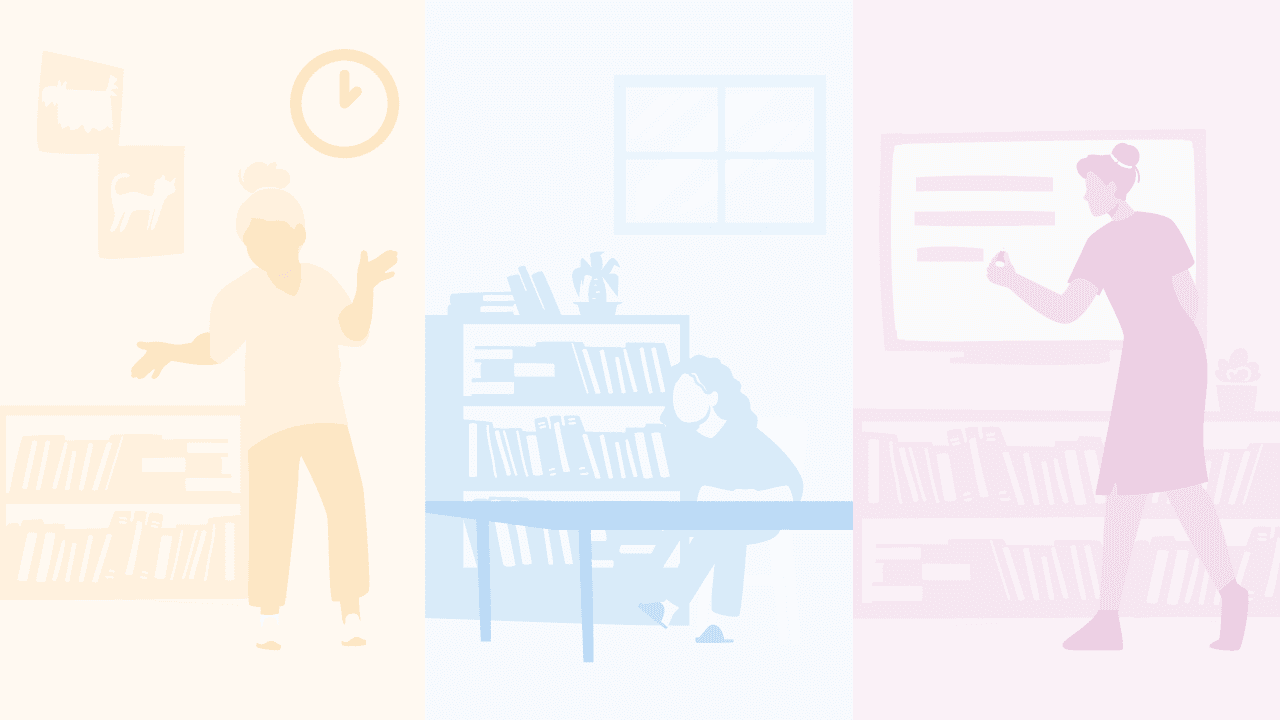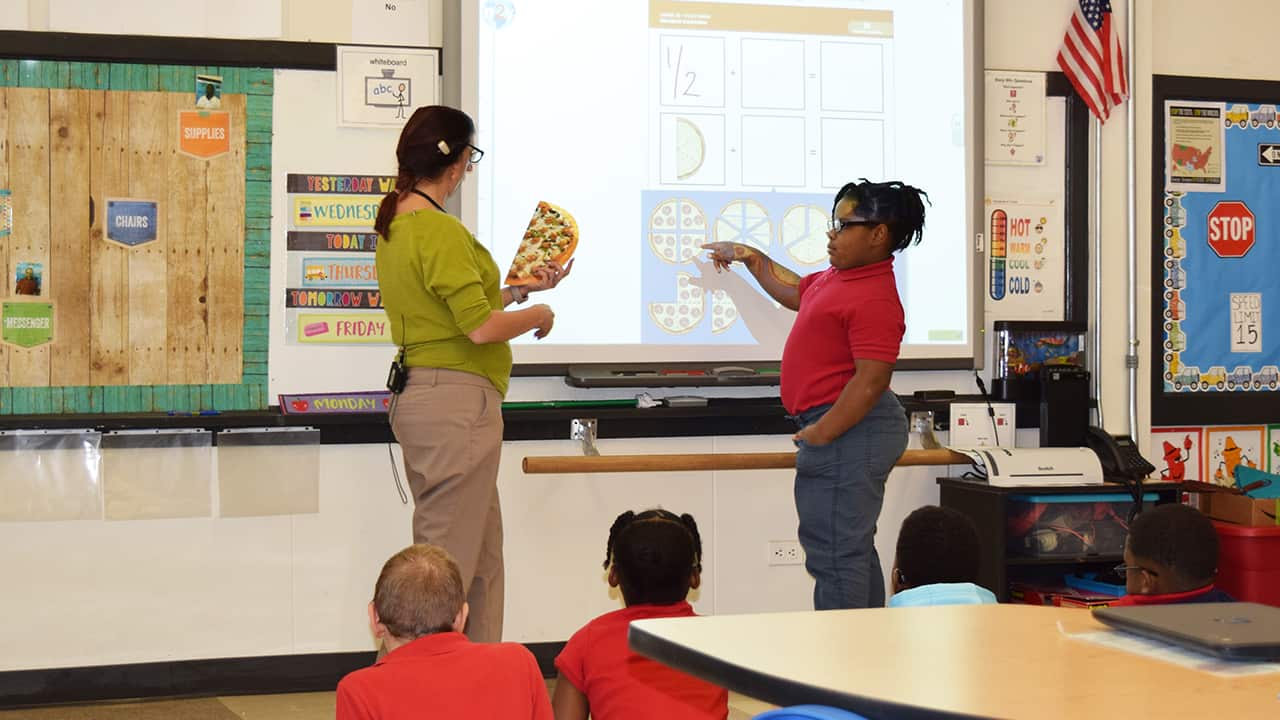When it comes to having a healthy, well‑rounded lifestyle, the amount and quality of down time is just as important for children as the time they spend in class. School demands a combination of mastering new concepts and managing a burgeoning social life, and time spent outside school may be packed with structured activities and appointments that don’t always leave time for simple unstructured play. But research has demonstrated that unstructured play is vitally important to child development.
Consider What We Know
The time that children spend playing on their own, without adult direction, is a key part of how they develop confidence, logic, and intuition—and that’s just the beginning of the benefits. Numerous studies have correlated free play with improved academic, social, and emotional outcomes for kids, but both inside and outside of school, time devoted to unstructured play has shrunk dramatically in the past few decades. Not only have extracurricular activities and excessive homework dominated kids’ time outside the classroom, but also, a reduction in recess periods in many schools has deprived kids of important midday decompression time.
Concerns about limited access to unstructured play have increased as the COVID‑19 pandemic continues to affect schools and families around the globe. Restrictions on physical proximity and at‑school recess periods, mandatory and self‑imposed quarantines, and transitions to remote schooling have all shaped children’s opportunities to play socially and physically.
But when we consider the wide‑ranging benefits of unstructured play, it’s clear that it’s something that must be prioritized. For parents, this can mean advocating for reasonable recess periods (when it’s safe to do so), seeking balance between extracurriculars and unscheduled time after school, and allowing weekends to be a time for children’s self‑directed activities.
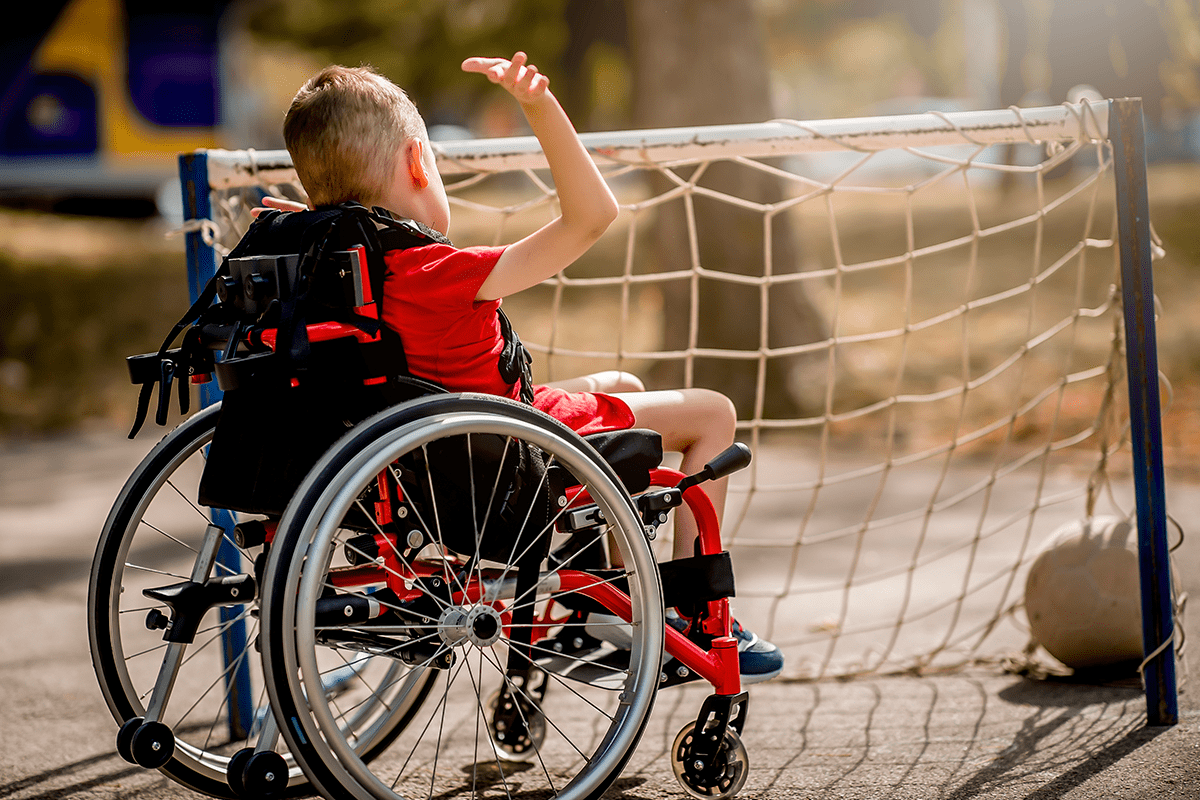
The Benefits of Unstructured Play
Remarkably, simply having time to engage in play on their own terms offers children opportunities for physical, mental, and social‑emotional growth. These are some of the ways that free play aids development.
Physical Boosts
More engagement in physical activity
Independent play, especially when it takes place outdoors, is linked to increased creativity and physical games that encourage healthy levels of activity. This helps children to develop strong bodies and lungs, and it may also help establish an early fondness for staying active and being outside.
Being less prone to childhood obesity
Because time spent in free play is linked to an increase in physical activity for children, it’s also connected to a reduction in risk of childhood obesity, a condition which can have serious and long‑lasting consequences.
Motor skill development
Gross and fine motor skills describe the skills we use to make both broad and small, careful movements with our bodies and limbs. These skills are typically mastered in childhood, and free play provides opportunities to develop them. Physical games are linked to movement and gross motor skill development, while fine motor skill development is associated with playing with putty and stacking toys.
Mental Boosts
Better decision‑making skills
Because the activities children engage in during unstructured play are self‑directed, they naturally prompt exercises in decision‑making. Children must decide what they want to do, how they want to do it, and when they want to be finished, helping them feel more confident in making decisions for themselves.
Improved problem‑solving skills
Solving puzzles and playing games that require the use of logic are common types of free play, and can help children to get better at applying these skills in other areas.
Increased focus
Staying focused on an activity or assignment is an important skill, and while it comes naturally to some children, it’s an area where others struggle. For younger children, time spent in free play encourages early attempts at concentrating for extended periods, which can improve future efforts to be focused.
Social and Emotional Boosts
Faster setback recovery
Disappointment is an unavoidable part of life, and when children learn to cope with it on their own terms through unstructured personal experiences, they tend to become more resilient.
Improved responses to constructive criticism
Children aren’t usually shy about saying what’s on their mind, which is why engagement with peers during unstructured play can help them acclimate to receiving feedback from others socially.
Better emotional communication skills
Learning to manage and express emotions in a healthy way is an important step in growing up, and unstructured group play is an important facilitator, as children quickly learn which forms of expression are accepted by peers and which are not.
Improved social skills
Finding a social rhythm happens for children through practice. Opportunities to engage in unstructured play with peers help them get a feel for how to join in with a group and practice patience in taking turns. It can also help them to feel more comfortable playing independently within a group structure.
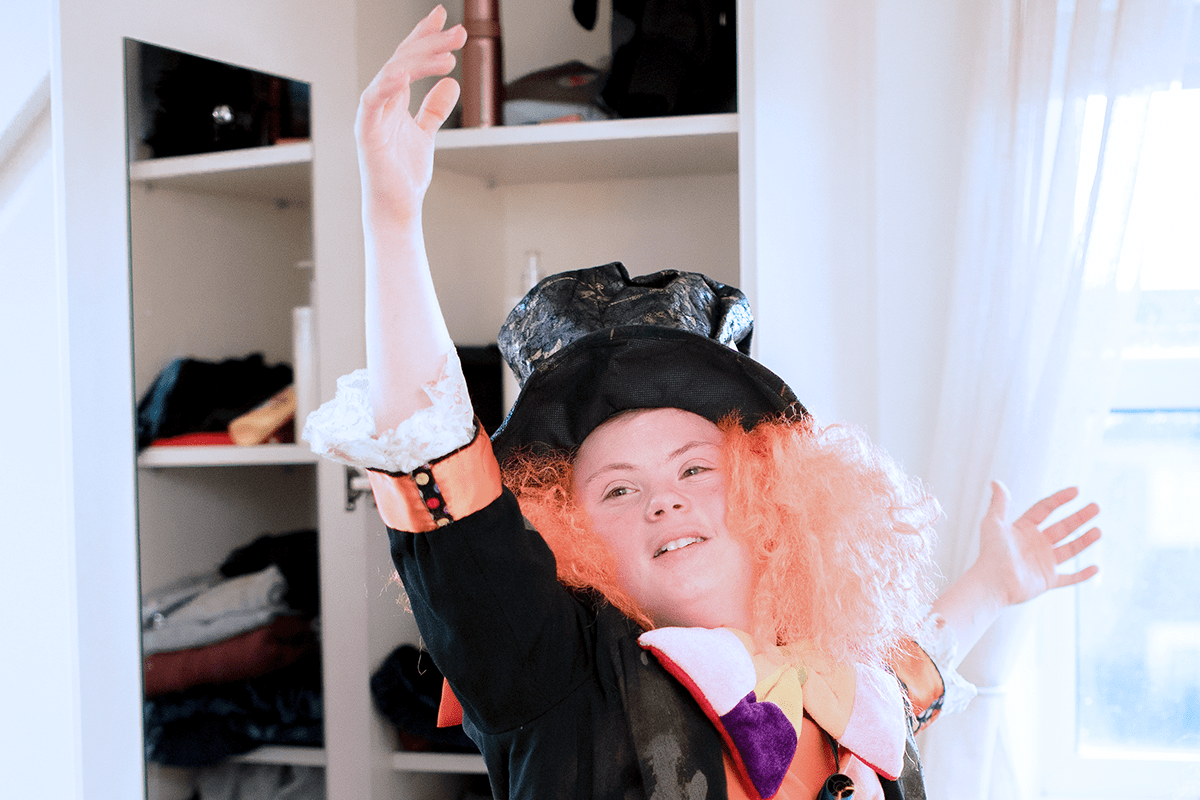
Three Tips for Facilitating Free Play and Unstructured Learning
1. Avoid overscheduling
Both in the classroom and at home, having every minute packed with something to do can be stressful and overwhelming, and it doesn’t leave much room for independent exploration. Helping children manage extracurriculars, sports, and social time with down time that’s just for them is key.
2. Ask questions
Rather than asking a child if they can do something, or telling them to do it, ask them questions in a way that implies your confidence in their knowledge. Asking them how many blocks are in a pile can encourage counting, while asking how many can be placed in a tower encourages the use of motor skills. This strategy can be applied in many situations. It’s also helpful to use both open- and closed‑ended questions. A closed‑ended question, such as “Are there more red blocks than blue blocks?” elicits a “yes” or “no” answer, while an open‑ended question, like “How many blocks do you think you can stack without your tower falling?” encourages kids to think and provide a diverse range of answers.
3. Let the moment do the guiding
At home and at school, don’t be afraid to follow a child’s lead without directing or prompting them. If you see your child engaging in imaginative play, such as building a fort and pretending it’s their base or castle, join in with them by asking about what they’re doing. Rather than guiding or prompting them, let them give you a task or role, ask them to tell you about the narrative they’re imagining, or simply play along with what’s happening. In other instances, even if you might have planned to do a certain activity, be open to letting your child seek out the things they find fun and inspiring. A planned hike on the trail that turns into a more in‑depth exploration of nature in a small area is just as productive, and may wind up being even more memorable.
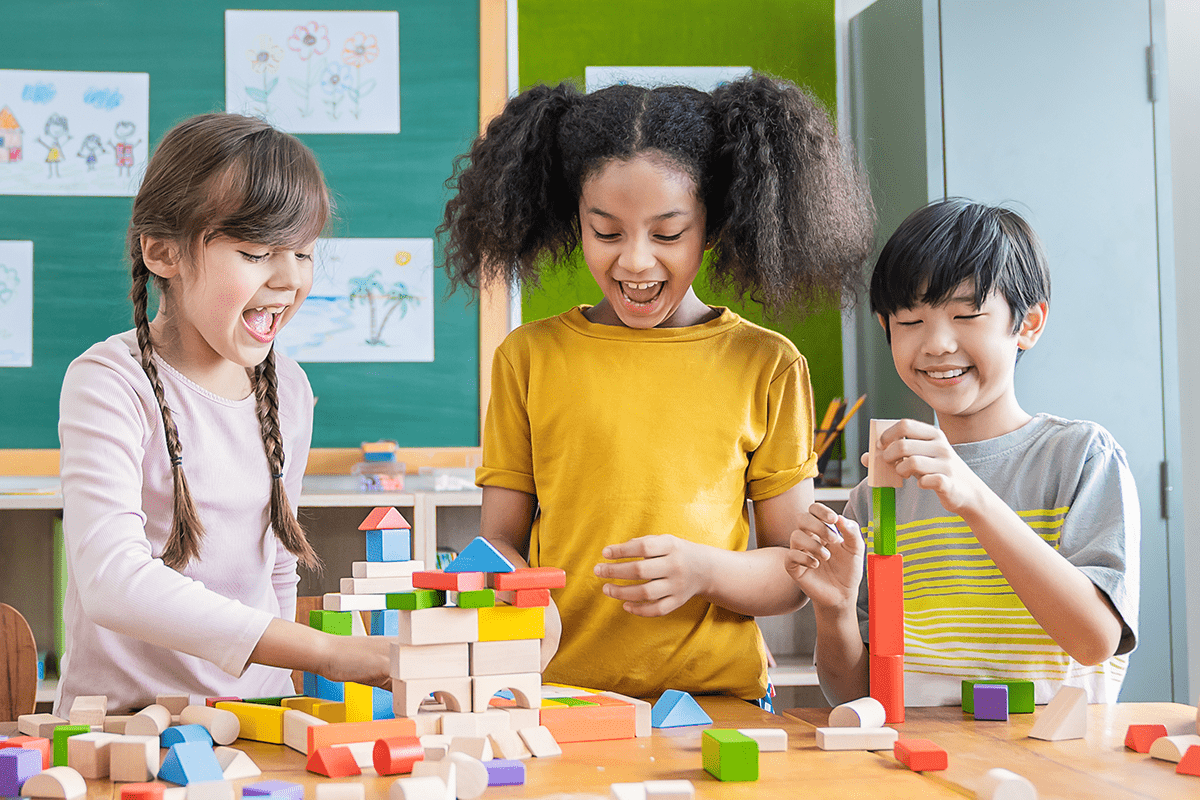
The Big Picture
When children play freely, without structure or direction, they develop skills that last a lifetime. From the motor skills refined by physically active play to the intellectual and social skills developed when spending time with a group of peers, these unique developmental opportunities shouldn’t be taken for granted. Time for unstructured play should be valued and embraced, because play is the work of children—and it’s the way they naturally learn.
